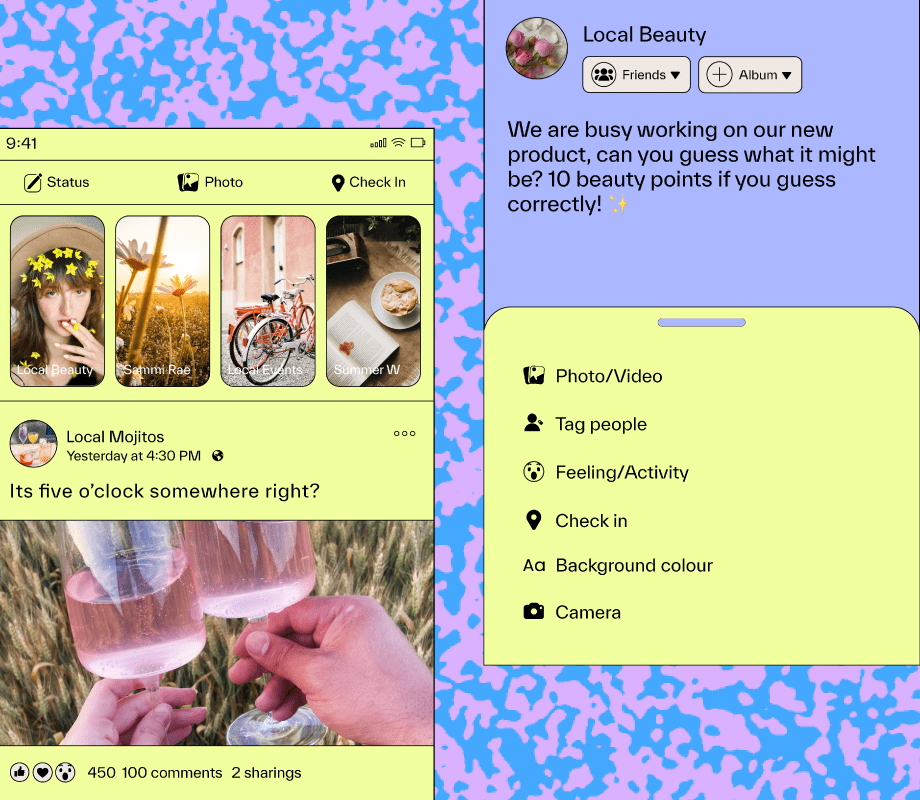You open Spotify, you run with a song that you cannot stop listening and, nevertheless, the name of the “artist” sounds at all. You wonder if there is a band behind or if it is a Track generated by AIand the doubt is not trivial: the trained ear may detect it, but for millions of listeners the border has become blurred. With generators like Suno or Udio raising their creation quality, catalogs are filled and the context matters. This week, Spotify announced new policies to stop three fronts: “Slop”, impersonations and transparency on the use of AI. The company states that it wants to protect artists and prevent the public from feeling deceived, without prohibiting responsible use of these tools.
In just a few months, music generators have become accessible tools capable of producing thousands of subjects ready to be uploaded to streaming platforms. We do not talk about master compositions, but about songs that meet the minimum to sneak into mass catalogs. The result is an avalanche that makes it difficult to distinguish between genuine proposals and simple algorithmic exercises. For stamps and artists, this saturation not only generates confusion among listeners, it also threatens to dilute income in a system where each reproduction counts to distribute royalties.
Spotify’s plan against music made with AI
Spotify frames its new rules in a simple idea: music has always been crossed by technology, from the multipist tapes to auto-tune. The current difference is that artificial intelligence evolves at a speed that generates uncertainty. In this scenario, the platform states that it wants to reinforce transparency and shield the confidence of listeners, while respecting the freedom of artists to decide how to incorporate these tools into their creative process.
One of the most sensitive spotlights for Spotify is the impersonation of identity. The company has hardened its rules and clarifies that it will not allow songs that reproduce the voice of an artist without its explicit authorization. This includes voice clones generated with artificial intelligence, “Deepfakes” and any unauthorized vocal replica. In addition, new measures are tested with distributors to prevent music from foreign profiles, an increasingly common attack. The objective is that musicians can denounce quickly and maintain control over their own artistic identity.
Another front that the platform wants to stop is spam. Spotify explains that some users try to manipulate the system by uploading songs of just 30 seconds to accumulate reproductions with Right to paymentor repeating the same theme with minimal changes in metadata. To combat it, in the coming months will deploy a filter that will identify this type of practices and stop recommending them. The company ensures that the measure is necessary to protect the distribution of royalties and remember that in the last 12 months it eliminated 75 million fraudulent tracks.

The third leg of the plan is transparency. Spotify collaborates with DDEX, the agency responsible for setting standards in the music industry, to create a metadata system that reflects the role of AI in each song. The objective is that the credits indicate if artificial intelligence has been used in the voice, in the instruments or in the production, so that the listener knows clearly. As reported by the company, 15 seals and distributors have already promised to adopt this standard, although for now there is no release date.
The real impact of the new rules will be measured over time. For artists, reinforcement against impersonation and spam can translate into a fairer environment to compete for attention and royalties. For listeners, promise is a clearer experiencewith credits that allow distinguishing which part of a song has been generated by Ia. Even so, there is uncertainty about its scope: from the possibility of errors in automatic detection to the difficulty that stamps and distributors adapt their processes quickly and homogeneously.

Spotify will probably continue working after this announcement. The effectiveness of the filters and the adoption of the new credits will depend on the industry as a whole move in the same direction. AI will continue to evolve and new methods are likely to make control systems. In that scenario, the company will have to demonstrate that its measures not only slow the abuses, but also help maintain the confidence of the listeners and the value of artists’ work.
Images | WorldOfSoftware with Gemini 2.5 | @felirbe
In WorldOfSoftware | OpenAi wants to bill as much as Microsoft in five years. For this











